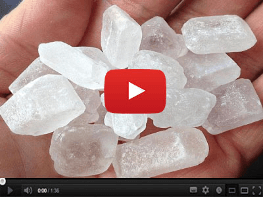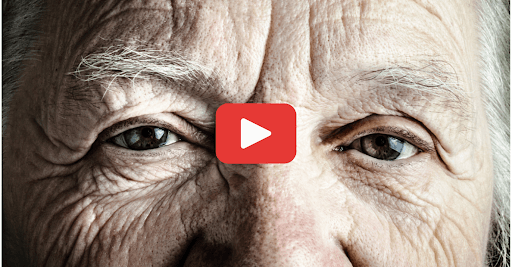CAN THIS VITAMIN CURE DEPRESSION? HOW NUTRITIONAL DEFICIENCIES CAN LEAD TO DEPRESSION?
Depression is a complex mental disorder affecting mood, thoughts, and behavior. It leads to persistent sadness, loss of interest, and a range of emotional and physical symptoms. Recognizing its multifaceted nature is vital in managing the condition effectively.
Globally, depression rates have risen significantly, particularly since the COVID-19 pandemic. This increase poses a major concern for the medical community, affecting individuals and families across diverse backgrounds.
While external factors often contribute to depression, internal or organic causes are equally crucial. An imbalance in the system can affect brain function, thereby contributing to depressive symptoms. Addressing these issues requires an understanding of our nutritional deficiencies.
Certain nutrients play a critical role in mental health. A deficiency in vitamins and minerals can significantly affect one’s mood and overall brain function. Here are some key nutrients connected to depression:
- Vitamin B1 (Thiamine): Essential for brain function, found in whole grains and nuts.
- Vitamin D: Low levels are linked with depression; a blood test can determine deficiency.
- Folate & Vitamin B12: Deficiencies can lead to chronic depressive symptoms, especially among vegetarians or those with specific health conditions.
- Omega-3 Fatty Acids: Crucial for brain and heart health, often overshadowed by omega-6 intake.
- Magnesium and Zinc: Low levels can lead to mood disorders, frequently due to modern diet and agricultural practices affecting soil nutrient content.
Effective depression management often involves a combination of therapy, medication, and lifestyle intervention. Encourage clients to become proactive in their health journey through appropriate diet, exercise, and therapy.
Incorporate leafy greens, whole grains, and quality protein sources to ensure adequate nutritional intake. Reducing processed foods and fats like canola or corn oil enhances omega-3 balance over omega-6.
Ultimately, the best healthcare starts with education and agency over personal health. Taking initiatives to understand and address nutrient deficiencies equips individuals to manage mental health proactively. Future content and resources aim to provide the knowledge needed for effective self-care decisions.
"The best way of doing medicine is when we are the owners of our health."
From Around The Web
Wellness Inbox is a blog & weekly newsletter that curates trending news and products related to health and wellness from around the web. We also gather content from various sources, including leading health professionals, and deliver it directly to you.
Please note that we may receive compensation if you purchase any products featured in our newsletter. Wellness Inbox is not affiliated with, nor does it endorse, any health professionals whose content may appear in our newsletter. The information provided is for general informational purposes only and should not be considered medical advice.
The information provided is not intended to replace professional medical advice, diagnosis, or treatment. All content, including text, graphics, images, and information available is for general informational purposes only. We do not guarantee the accuracy or completeness of any information presented and assume no liability for any errors or omissions. The content is subject to change without notice. We encourage you to verify any information with other reliable sources and consult your physician regarding any medical conditions or treatments.







